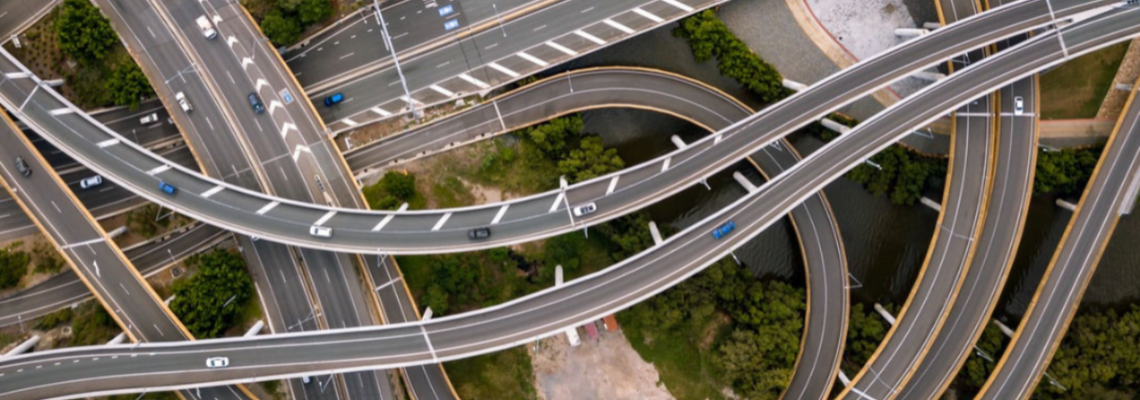
WILL 2020 CAR SAFETY FEATURES MAKE THE ROADS SAFER?
Car accidents are all too common, with an average of 5.5 million taking place every year. The National Safety Council (NSC) estimates that 40,000 men, women, and children died in car crashes throughout the U.S. in 2019 -- a disturbingly high figure that has remained constant for the past three years in a row. Thankfully, auto manufacturers are finally doing something about it. Look out for these new car safety features in 2020 that may make driving considerably safer, and even save lives.
BLINDSPOT WARNING SIGNALS
Even more brands and models will be equipped with blind spot monitoring this year. Blindspot warning signals, particularly audible signals that the driver can simply hear without having to check the mirror or turn their head, are a popular feature that can save lives. According to Consumer Reports, 82% of car owners like these features and 60% of drivers say that these systems have helped them avoid crashing into another vehicle.
Along the same lines, Lane Keeping Assistance (LKA) and Lane Departure Warning (LDW) are also becoming more standard in many of today's vehicles. If cars begin to drift or veer into the next lane, LKA systems will automatically make sure the vehicle remains on-course -- driving straight ahead. Lane Departure Warning alerts drivers if they attempt to change lanes without using a signal. LDW alerts may be visual signals, audio signals, or even tactile signals, like a vibrating seat, should the car leave the lane without the driver signaling. These systems are designed to help tired drivers stay awake and drive as safely as possible.
AUTOMATIC REAR EMERGENCY BRAKING
The rear view back up camera and new 360 degree cameras have become popular in recent years. In fact, rearview cameras are now required on all new cars in the United States. Cars may have systems that automatically brake for you before backing up directly into another car, a person, or an object. Accident attorneys and lawyers know too well that each of us has experience with this one. In busy parking lots, people tend to just back up without looking, causing collisions, injuries, and -- in rare cases -- fatalities.
FRONT CRASH PREVENTION
There are a few different iterations of this one that vary by model and brand. In general, though, these systems detect objects, pedestrians, and other vehicles in front of your car. The system will then automatically brake. In extreme, high-speed situations, these safety features are capable of bringing vehicles to a complete stop to prevent the driver from rear-ending another car. Auto lawyers see a lot of people for these types of crashes. Manufacturers are doing what they can to reverse that trend.
"BUCKLE TO DRIVE"
While the message to buckle up is hammered into us again and again, many drivers still fail to listen. Being thrown from your vehicle is deadly. In 2017, 83% of car occupants died after being completely expelled from their vehicle. Wearing a seat belt, on the other hand, saved an impressive 14,955 lives that same year.
Because urging drivers and passengers to wear their seat belts doesn't always work and not wearing seat belts can have deadly consequences, more manufacturers are now requiring drivers to snap their seat belts into place before the transmission will turn over and allow them to drive. Auto accident lawyers expect to see significantly fewer casualties as these systems gain popularity and go into effect.
CONDITION-BASED CRUISE CONTROL
Set-it-and-forget-it-style cruise control systems are outdated and can actually be dangerous. "Adaptive cruise control (ACC) uses lasers, radar, and/or cameras to keep a constant space between your car and the car ahead," Consumer Reports writes. These systems accelerate, decelerate, and adapt to the speeds of the cars around them. Although some write off ACC as a convenience rather than a true safety feature, these systems prevent tailgating and following too closely, and that can certainly help save lives.
Even with the very best and newest safety features, accidents will happen. Whether your car is outfitted with the latest safety features and equipment or you're driving an older model, talk to lawyers about your options for recourse after being involved in an accident.
